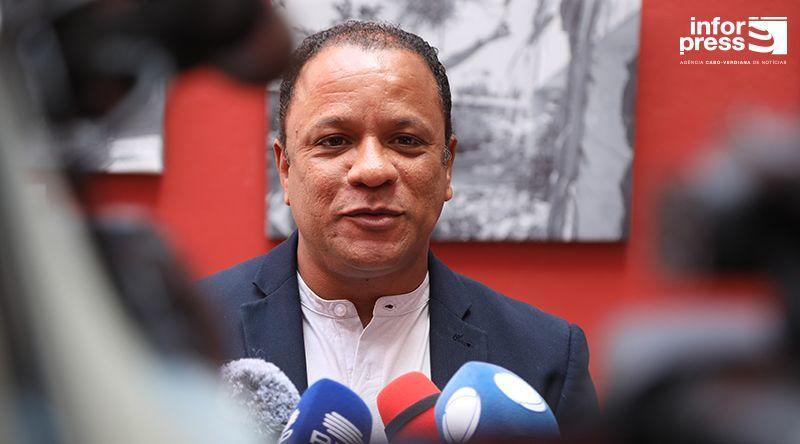Africa-Press – Cape verde. Sociologist Nardi de Sousa highlighted, this Wednesday, in the city of Praia, that the Portuguese community in Cape Verde is well integrated, and that the country welcomes them and offers opportunities to carry out and implement projects.
The expert was speaking to journalists as part of the opening of the event commemorating the World Day for Cultural Diversity for Dialogue and Development, promoted by the High Authority for Immigration, in which a study on the Portuguese community living in Cape Verde was presented.
The same source said that the objective was to ensure that the study covered the period from 1460 to the present day, and that, according to the data, it was found to be a well-integrated community.”
According to the sociologist, “the study is interesting” because, normally, the study focuses more on the departure of Cape Verdeans abroad.
He explained that what was most surprising in the study was seeing Cape Verde and Portugal, which began with slavery, then with forced labor, and which today culminates in a relationship between two sovereign, autonomous states, which have “very good” cooperation, recognized nationally and internationally.
According to the study, bilateral cooperation between the two countries has strengthened over the years, especially after Cape Verde’s independence, with “hundreds of agreements established” between the two nations.
“There are hundreds of agreements made, especially after independence, which show the progression of the relationship that exists between Cape Verde and Portugal,” he stressed.
The same source further explained that the research attempted to approach the study in three categories: Portuguese people on the mainland, Portuguese businesspeople in Cape Verde and Cape Verdeans with dual nationality.
The sociologist stated that the research showed “considerable integration, with many Portuguese people knowing Cape Verdean culture and living in the country”, and that the vast majority of the children of this community study both in Cape Verde and abroad. “Many intend to stay here,” he stressed.
The study also revealed that a significant percentage of Portuguese people in Cape Verde hold Cape Verdean nationality and that many Portuguese people of Cape Verdean origin have dual nationality.
“This makes us realize that Cape Verde is also a country that welcomes and offers opportunities for foreign communities living here to achieve their goals, implement their projects and feel fulfilled here in the country.”
Nardi de Sousa, when reflecting on the impact of these studies on public policies, highlighted the importance of Cape Verde as an example of an open country, especially in a global context in which many countries are adopting more restrictive policies for immigrants.
The sociologist added that despite some challenges, such as discrimination faced by some communities, especially immigrants from West Africa, Cape Verde has shown “significant progress” in managing migration.
In the sociologist’s view, the country must continue to promote an environment of welcome and opportunities for all communities, respecting their cultures and identities.
“The challenge is to understand the reality, through these diagnoses, and to improve and change positively where necessary, in terms of legislation and policies, among others,” he said.
Nardi de Sousa also stressed the need for policies that favor the integration of immigrants, “significantly improving” and tackling problems to make the country “more welcoming”.
“But things can improve significantly when we address the problem and make our country a welcoming country that offers opportunities, where people respect the culture, norms and also live their identities,” he concluded.
For More News And Analysis About Cape verde Follow Africa-Press






